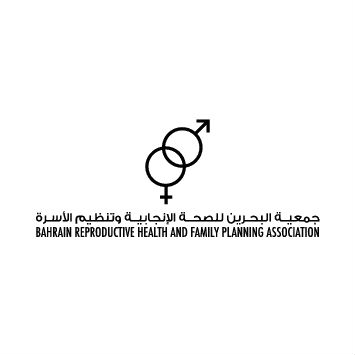

| 31 March 2016
Association Guinéenne pour le Bien-Etre Familial
Established in 1985, IPPF’s Member Association in Guinea-Conakry faces many stark sexual and reproductive health (SRH) challenges including some of the highest fertility and child mortality rates in the world, coupled with very low levels of contraceptive use. The Association Guinéenne pour le Bien-être Familial (AGBEF) has mounted a vigorous response to these challenges. Through its services points (static clinics, mobile clinics, associated clinics, community-based distributors (CBDs) and community-based services (CBSs) the organization reaches out to poor and marginalized groups with a particular emphasis on young women and men, and displaced persons and refugees. The Member Association’s services include disseminating information, education and communication around sexual and reproductive health (SRH); youth-friendly SRH services; prevention and management of sexually transmitted infections (STIs) and HIV through interventions such as voluntary counselling and testing (VCT); improving access to contraceptives at community level; and advocating and mobilizing the public to demand their SRH rights. AGBEF’s team includes volunteers, peer educators and thousand of CBDs. Its youth action movement has a membership of over 100. The Member Association partners with government departments and large international NGOs to promote and develop its work.

| 31 March 2016
Bahrain Reproductive Health Association
The Bahrain Reproductive Health Association (BRHA) is a public association, but does not provide any clinical services. It was established on 1975, by a group of Bahraini youth to serve the Bahrain community with commitment and accountability towards national and human responsibility. Through voluntary trained and specialized personnel, SRH targets include: Increase awareness and knowledge about reproductive health and the importance of family planning as a human need for the community. Increase women's knowledge about their reproductive rights, and enable them to practice their rights and make their own decisions. Increase men's responsibility and participation in reproductive health issues. Prepare youth for parenthood responsibilities, and improve care provided to adolescents. Communicate with decision makers and community leaders to support positive attitude towards reproductive health. These are achieved by the following: Increase awareness about reproductive health among the community through seminars, lectures, leaflets and educational articles. Train volunteers to become specialists in reproductive health and family planning. Provide reproductive health counselling through the counselling centre in the association. Increase cooperation and coordination with governmental authorities, associations, social clubs and different media facilities to promote reproductive health. Increase cooperation and coordination with all agents concerned in combating and preventing HIV.







